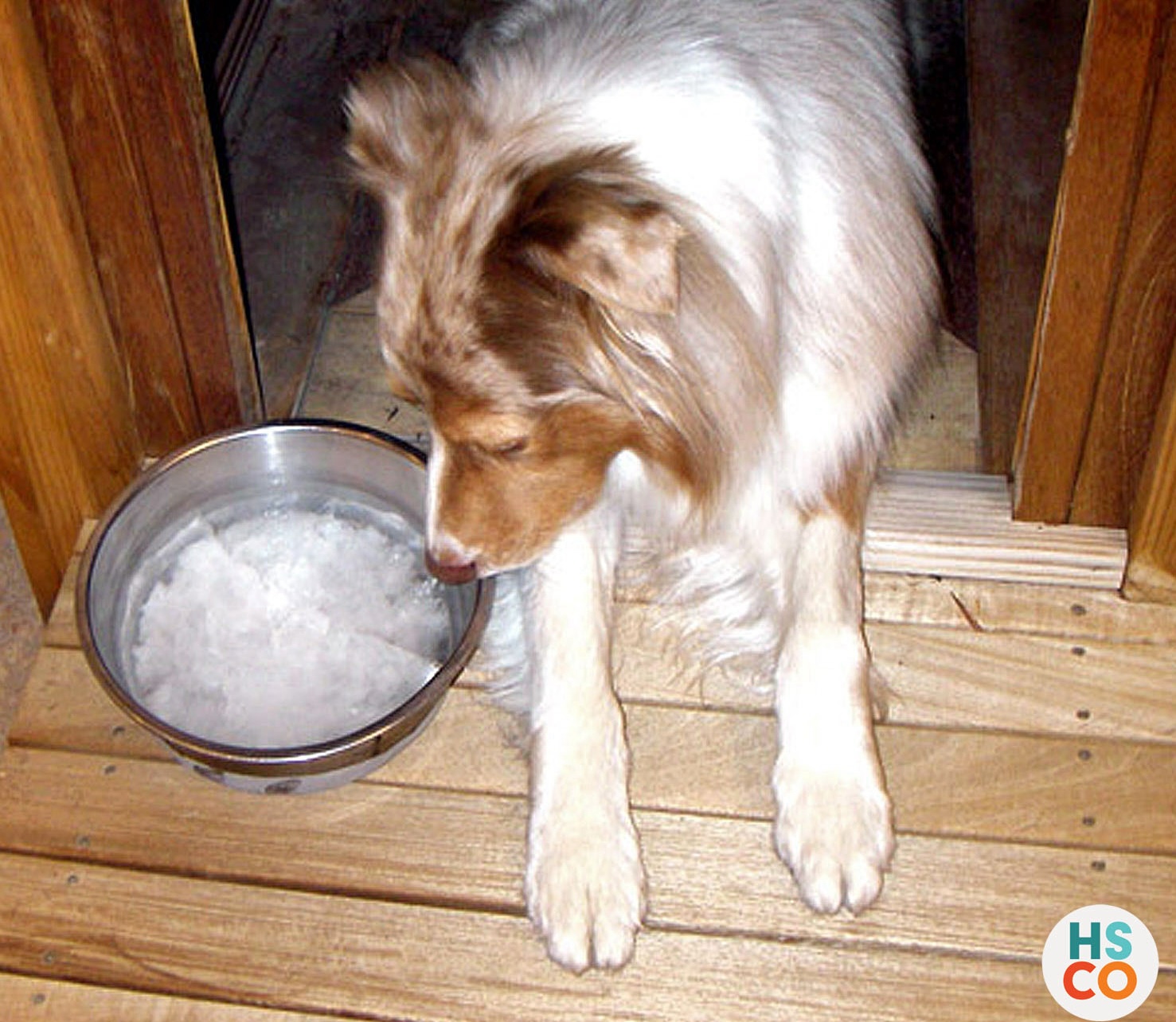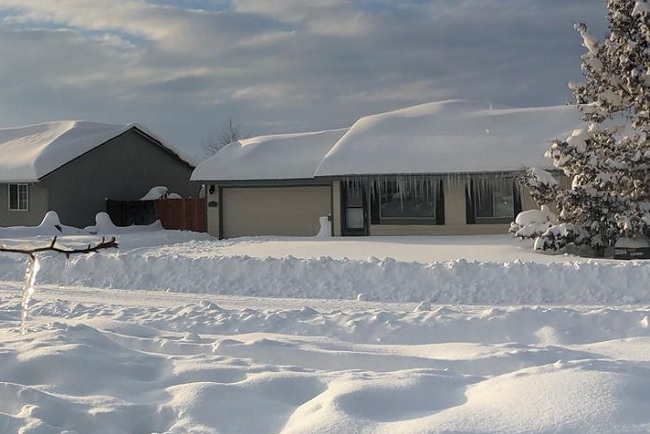BEND, OR -- From protecting your health to your pets and home, officials urge Central Oregonians to take necessary precautions during this weekend's cold snap. "Really cold weather is coming," says Deschutes County Public Health's Emily Horton, "You know, we’ve been used to it with some snow storms starting, but it’s about to get really, really cold."
As Emergency Preparedness Program Manager, she asks people to check on elderly neighbors and those who may not have reliable heat. Horton tells KBND News, "If we’re using other alternative heat sources, like burning fuels inside, it’s really important - Carbon Monoxide is a concern there. And using those extra heating away from curtains." She notes an open flame can ignite curtains or other nearby combustibles, "A cold space can turn into a really hot space with a fire really quickly, and that’s a problem too."
For people with pre-existing cardiac conditions, Horton suggests moderating outdoor activity. If you're shoveling snow, take frequent breaks. "Especially if it’s really, really cold and you have high blood pressure or heart disease, the risk of a heart attack goes up when it’s really cold outside."
Horton's biggest concern if for the unsheltered, who have other, more urgent needs, "Trying to keep dry and different types of blankets. I know in several of our communities, our community partners have been working really hard to get some of that out to people who are likely not coming into shelters. So, kind of preparing ahead and helping people shelter in place." She says efforts are underway to get people indoors, "There are places where they can go." If you need help connecting with resources or finding shelter, call 211.
People who must be outside for prolonged periods should watch for signs of frostbite, "Red skin or pain - usually your fingers, toes, nose and ears - turning white or grayish, or in extreme cases black, or skin feels really firm or waxy," says Horton. Hypothermia is also a concern, which can cause confusion and exhaustion. Click HERE for more health and safety tips, and a list of Deschutes County warming shelters.
 The Humane Society of Central Oregon asks pet owners to bring animals inside to protect against frostbite and other issues. If your pet must be outside, provide a dry, elevated shelter and make sure drinking water does not freeze. Heated beds and bowls are available. Use pet-safe ice melt for walkways, and consider dressing your dog in a jacket or sweater and booties if headed out for a walk.
The Humane Society of Central Oregon asks pet owners to bring animals inside to protect against frostbite and other issues. If your pet must be outside, provide a dry, elevated shelter and make sure drinking water does not freeze. Heated beds and bowls are available. Use pet-safe ice melt for walkways, and consider dressing your dog in a jacket or sweater and booties if headed out for a walk.
Homeowners should take additional steps to protect from ice damage. KBND real estate expert Fred Johnson says during stretches of frigid temps, water is our nemesis, "Whether it comes in frozen form or non-frozen form, because the stuff that shows up in frozen form is eventually going to melt and we’re going to have to deal with it at that time."
The biggest risk to homes comes from ice dams. Icicles hanging from the eaves could be a symptom of a bigger issue, "It’s melting where there’s heat coming up out of the house," says Johnson, "And when it gets out over the eave end, then it freezes and sets up. Because there’s snow there, it stacks up and it creates what’s called a dam. Ice melts slower than the snow, so the water pools up behind and runs underneath the shingles and comes back into the house." A garden rake can help, "Make sure that you put the tines facing up, so you don’t scratch the roofing material. But if you just remove the first foot and a half- two feet of snow along the eaves’ end, that’ll keep from that dam being able to build up."
Johnson says clearning snow throughout the storm is more effective than waiting until the weather clears, "Get your trenching, get your walkways done, get the snow away from the areas you want to get in and out of, because it gets like cement, almost. And then what happens is the smaller the pathway, when you have multiple days of snow, each successive day it gets smaller and smaller and smaller and gets more and more difficult."
For indoor water pipes, Johnson follows the "eight-degree rule." When it falls below eight degrees, he says, "?If you’ve got outside wall plumbing, in other words, if you’re in a bathroom or a kitchen or laundry room and the plumbing that’s coming into that fixture is coming up on an outside wall, open the cabinet door underneath that, so some of the heat from the house can get in under that cabinetry is really a pretty good spot. If one’s pretty isolated or whatever, it doesn’t cost much to drip. And to drip will save you a plumbing bill."
Bend Fire & Rescue also reminds people to make sure outdoor spigots are covered. Clear snow and ice from utility boxes and gas shut-offs. And, if you live near a fire hydrant, they ask that you help keep it free of snow, so it's accessible in a fire emergency.
file photo




